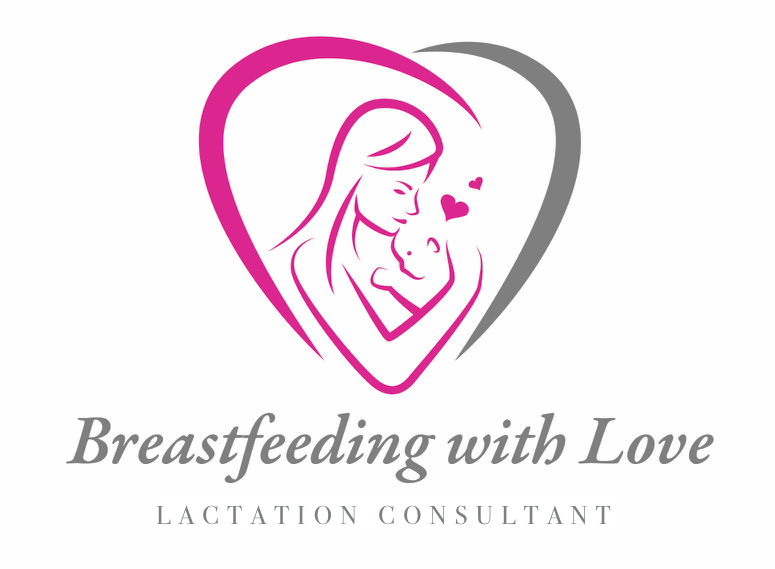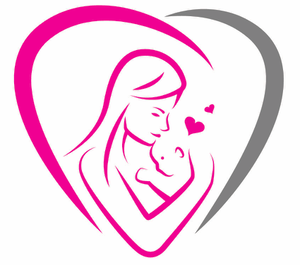Breastfeeding and Depression
You just had a baby. This should be the most joyous time and occasion of your life. But, you don't feel happy. As a matter of fact, you feel sad. Most women experience some degree of depression after they give birth. It could be because great changes have taken place in your body after childbirth or it can be a hormone imbalance. Additionally, emotional changes haven taken place after delivery as well. Depression is a serious medical condition. There are three types of depression: The Baby Blues, Postpartum Depression, and Postpartum Psychosis. The first, baby blues usually comes the first few days after birth. It is a mild form of depression. You can feel like crying, sad, anxious and frustrated.Baby blues usually go away. Postpartum Depression symptoms may include sleep problems, panic attacks, rapid weight loss or gain, feeling of guilt or helpless, feeling stressed out, overwhelmed with motherhood, less attractive or feeling trapped to have to take care of your new baby. Many women who have postpartum depression want to stop breastfeeding because they are afraid of the side effects of the medicine that they are taking. However, most medicines are safe while breastfeeding. Of course, you should always consult your doctor for advice. Medicines that are usually given consist of Prozac (Fluoxetine), Zoloft (Sertraline), Paxil (Paroxetine) and Celera (Citalopram). Sometimes, hormone treatment is prescribed for a woman who is depressed. Postpartum Psychosis is rare. You may experience hallucinations, loss of reality, want to harm yourself and/or the baby and have major mood swings.Treatment may include hospitalization and medications. A recent study by the University of Arizona College of Medicine in Tucson has shown a link between omega 3 fatty acids and Postpartum Depression. Sources that are rich in omega 3 fatty acids include anchovies, canola oil, eggs enriched with omega 3, fish oil supplement, flaxseed oil, hempseed oil, krill oil, pumpkin seeds, salmon, sardines, and walnuts. Sources of other fish that have omega 3 but have high levels of mercury are red snapper, shark and king mackerel. In conclusion, learn to recognize the signs of depression. Reach out and get help if you feel you need it. Do not be ashamed or embarrassed. Your baby needs you. Therefore, when you have a diagnosis of depression prompt treatment is important. Staying on course by taking the proper medicines that your doctor has prescribed you is important.Hopefully, you will get through depression and be able to function on a normal level. References: Postpartum Support International1-800-944-4PPDPPDInformation from Mayo Clinic.comPPD Information and Latest ResearchNational Library of Medicine/ National Institutes of Health

